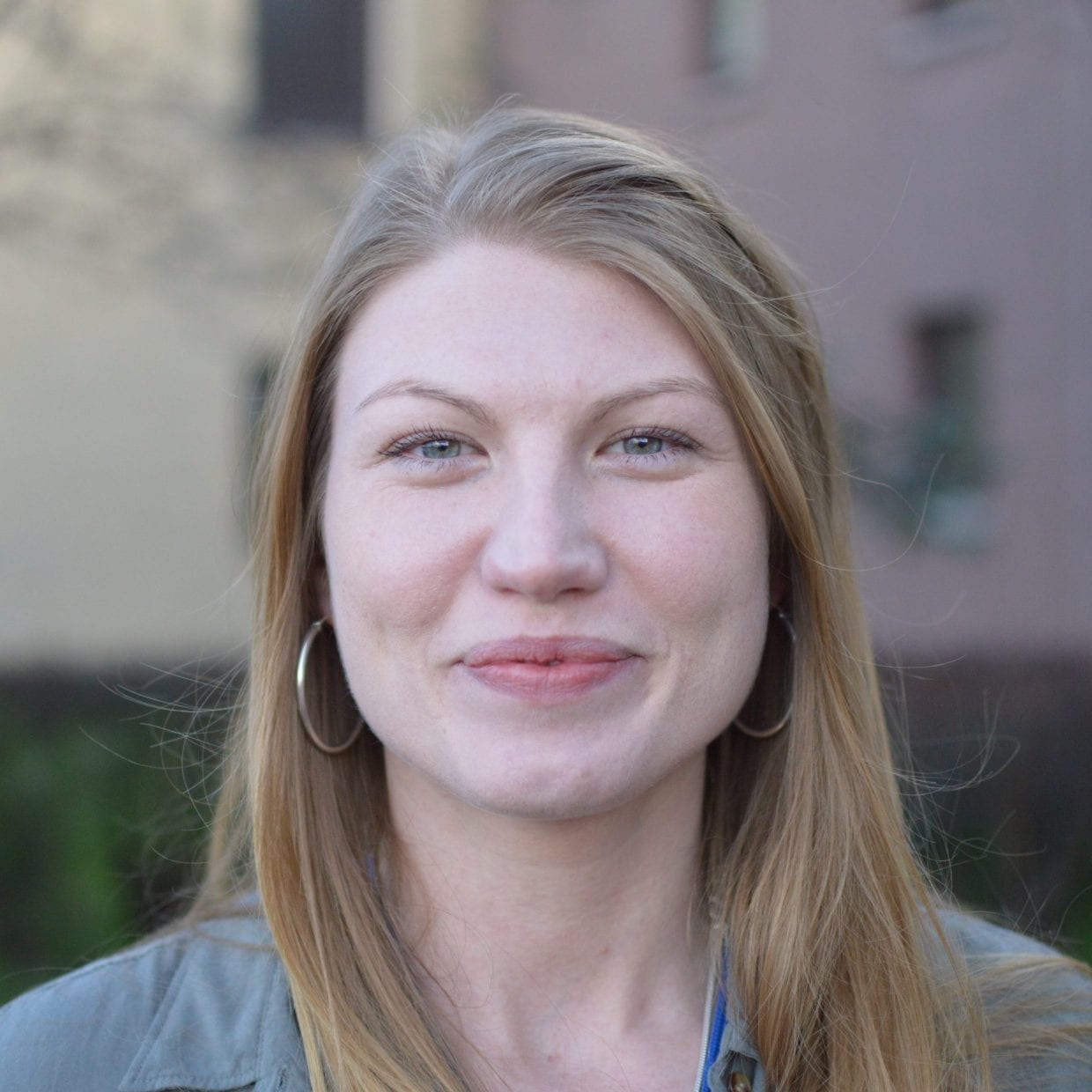Nina Rogers: ‘When is risk not a risk?’

Lately, I’ve been thinking about how we view risk. At recent trip to the St Giles Trust down in London I witnessed their pragmatic and seemingly winning formula on how they deal with risk and it’s clarified some things for me.
First, we live in a world that is dominated by fear, whether it’s health and safety (don’t get me wrong, that does have its place) or whether it’s about how we – the public, services, organisations and especially the public sector – put so much red tape around processes that we forget why we were doing it in the first place. We use risk to the detriment of achieving connections – basically it stops us getting things done!
Secondly, I think our ideas about risk are confused. I wonder what would happen if we turned our thinking about risk on its head? Instead of looking at why it’s a risk to employ people with lived experience or previous convictions, what about thinking of the risk involved in not employing those same individuals?
Who is best placed to build trust and relationships, to have understanding and compassion, and who could identify and offer tried and tested methods of personal growth? My answer would be someone who has experienced first-hand what it feels like to be where they are now.
St Giles are one of the many advocates of employing people with lived experience – and they walk the walk. They recruit predominantly people with lived experience to work as Peer Advisors. We were lucky enough to meet some of the team, and they described having an instant connection with people that other support services have been struggling to connect with for months. Why? Because they talk the same language, share the same experiences and understand the same challenges. In short, they relate! These Peer Advisors are so critical to the work St Giles Trust do; their passion and drive is focused on helping others turn off the path of offending behaviour -just as they have done. The young people they support get a person they can trust, look up to, learn from, and someone who will be their advocate in dealing with services and bridge the gap between social work, housing, court and benefits agencies. The Peer Advisors can communicate on a level that speaks to both individuals and services – this is why they are so successful. So connected.
This is fantastic work – but it saddens me that we need a third party to make those critical connections between services and people. Public services should represent the communities they serve, whether that be disability, race, religion, social background or previous convictions.
If we work directly or indirectly to support the public we need to know what the public want and need, not just what we think they need. Let’s be real for a moment; if you have never been in prison you don’t know what it is like to be confined to a cell, if you have never faced a children’s panel, a court room, a housing officer, a sheriff, a police officer, a gang, violence, hunger, rejection, neglect, then you don’t truly know what that feels like. And while there are hundreds of fantastic and talented people with real compassion and empathy working in the sector, without the voice of lived experience in there too we risk getting it wrong – even with the best of intentions.
“So here is my take on risk. I think it is a risk not to listen to those affected by the justice system when creating justice policies; I think it is a risk to brush aside or downplay the immense value that lived experience can bring to the public sector; I think there is a huge risk in excluding people; and I think there is a massive risk in failing to make human connections between services and people.”
So if you are recruiting and you come across a person who has a conviction, a history and some lived experience don’t just look at what they have been convicted for and see risk. Look at their journey from that place to where they are now. Think about the barriers they must have faced, the hurdles they have jumped and the determination, commitment and resilience they must have to be in front of you asking for a job.
Then look at your organisation and ask yourself is dismissing them out of hand a risk you can afford to take?
